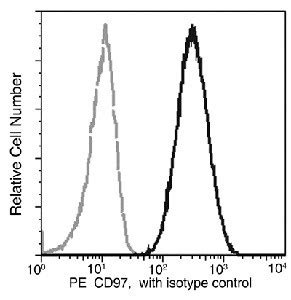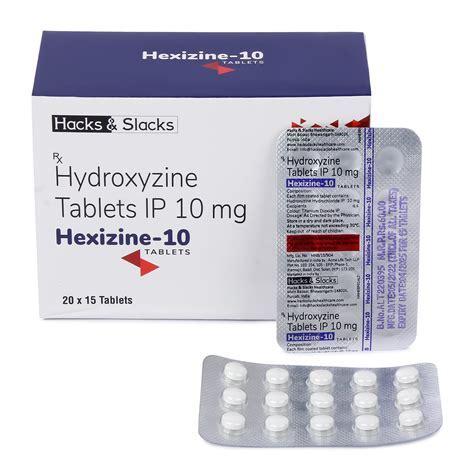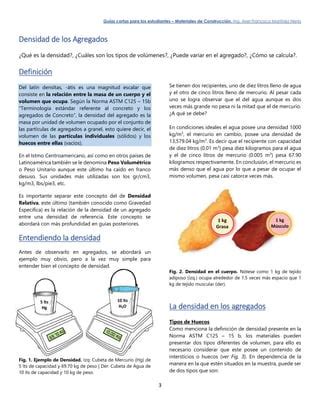Intro
Discover 5 crucial Dxm facts, exploring its effects, dosage, and interactions, while delving into recreational use, addiction risks, and medical applications of this dissociative drug.
Dextromethorphan, commonly referred to as DXM, is a compound found in many over-the-counter cough medicines. Despite its intended use as a cough suppressant, DXM has gained notoriety for its potential to produce psychoactive effects when taken in large doses. The fascination with DXM stems from its accessibility and the unique experiences it can induce. However, it's crucial to approach the topic with a balanced perspective, considering both the potential benefits and the risks associated with its use.
The effects of DXM can vary widely depending on the dosage and the individual's response. At lower doses, it acts primarily as a cough suppressant, but as the dosage increases, users may experience euphoria, altered sensory perceptions, and dissociation. This range of effects has led to a community of users who experiment with DXM for recreational purposes, despite the warnings from health professionals about its potential for abuse and the risks of adverse reactions.
Understanding DXM involves delving into its pharmacology, the reasons behind its recreational use, and the concerns it raises regarding health and safety. As with any substance that alters consciousness, there's a delicate balance between exploring its effects and avoiding harm. The lack of comprehensive research on DXM's long-term effects, combined with reports of dependency and toxicity, underscores the need for caution and informed decision-making among those who consider using it.
Introduction to DXM

DXM is a synthetic drug that has been used for decades as an antitussive (cough suppressant) in various over-the-counter (OTC) medications. Its mechanism of action involves affecting the brain's cough center, thereby reducing the urge to cough. However, when consumed in amounts exceeding the recommended dosage, DXM can produce a range of psychoactive effects, including euphoria, hallucinations, and a sense of detachment from one's body or environment.
Pharmacology of DXM
The pharmacology of DXM is complex, involving multiple sites of action within the brain. At high doses, DXM acts as an NMDA receptor antagonist, which can lead to dissociative effects similar to those experienced with drugs like ketamine or PCP. This action on NMDA receptors is thought to be responsible for the majority of DXM's psychoactive effects. Additionally, DXM's metabolites, particularly dextrorphan, contribute to its overall pharmacological profile, influencing its efficacy and potential for abuse.Effects of DXM

The effects of DXM are dose-dependent, ranging from mild stimulant effects at lower doses to profound dissociation at higher doses. Users may experience:
- Enhanced sensory perceptions
- Altered sense of time
- Euphoria
- Dissociation from the body or environment
- Hallucinations
These effects can be appealing to some, leading to recreational use. However, they also come with risks, including the potential for addiction, adverse reactions, and long-term health consequences.
Risks and Concerns
Despite its appeal for some, DXM use is associated with several risks and concerns. These include: - **Addiction and Dependency:** DXM can lead to psychological dependence, with users experiencing withdrawal symptoms when attempting to stop. - **Adverse Reactions:** High doses of DXM can cause adverse reactions, including nausea, vomiting, and increased heart rate. - **Long-term Health Consequences:** There is limited research on the long-term effects of DXM use, but concerns include potential damage to the brain and other organs. - **Interactions with Other Substances:** DXM can interact dangerously with other substances, including alcohol, opioids, and certain medications, leading to increased risk of adverse effects.DXM Use and Abuse

The use and potential abuse of DXM are significant concerns. While it is available over-the-counter, making it accessible for its intended medical use, this accessibility also facilitates its misuse. Efforts to curb DXM abuse include limiting the sale of large quantities of DXM-containing products and educating the public about the risks associated with its misuse.
Regulatory Measures
Regulatory bodies and healthcare professionals have taken steps to mitigate the risks of DXM misuse. These measures include: - **Restrictions on Sale:** Some jurisdictions have implemented restrictions on the sale of DXM products, particularly to minors. - **Public Education:** Campaigns to educate the public, especially young people, about the dangers of DXM misuse have been launched. - **Monitoring and Surveillance:** Healthcare providers and regulatory agencies monitor for signs of DXM abuse and take action when necessary.Alternatives and Treatments

For those seeking the therapeutic effects of DXM or looking for alternatives for managing coughs and other conditions, several options are available:
- Natural Cough Suppressants: Honey, for example, has been recognized for its cough-suppressing properties.
- Prescription Medications: In cases where OTC medications are not effective, healthcare providers may prescribe alternative cough suppressants.
- Lifestyle Changes: Maintaining a healthy lifestyle, including not smoking and managing allergies, can reduce the need for cough medicines.
Support for DXM Users
For individuals struggling with DXM use or dependency, support is crucial. This can include: - **Counseling and Therapy:** Professional help to address underlying issues that may contribute to substance use. - **Support Groups:** Joining a community of individuals facing similar challenges can provide encouragement and strategies for recovery. - **Medical Treatment:** In cases of addiction or dependency, medical treatment may be necessary to safely detoxify and manage withdrawal symptoms.Conclusion and Future Directions

The topic of DXM is complex, involving considerations of its medical use, potential for abuse, and the need for education and support. As research continues to uncover the full spectrum of DXM's effects and risks, it's essential for users, healthcare professionals, and regulatory bodies to work together to ensure that this substance is used responsibly and safely.
Final Thoughts
In final thoughts, the story of DXM serves as a reminder of the delicate balance between the therapeutic potential of substances and their potential for misuse. By fostering a culture of informed decision-making and providing support for those affected by substance use, we can work towards a future where medications like DXM are used to improve health, not harm it.What is DXM used for medically?
+DXM is primarily used as a cough suppressant in over-the-counter medications.
What are the risks of using DXM recreationally?
+The risks include addiction, adverse reactions, long-term health consequences, and dangerous interactions with other substances.
Where can I find support if I'm struggling with DXM use?
+Support can be found through counseling, support groups, and medical treatment. It's essential to reach out to healthcare professionals or addiction support services for guidance.
We invite you to share your thoughts and experiences regarding DXM, focusing on promoting a safe and informed community. Your insights can help others understand the complexities surrounding this substance and encourage responsible decision-making. Please feel free to comment below or share this article with others who might benefit from this information. Together, we can foster a culture of awareness and support.
